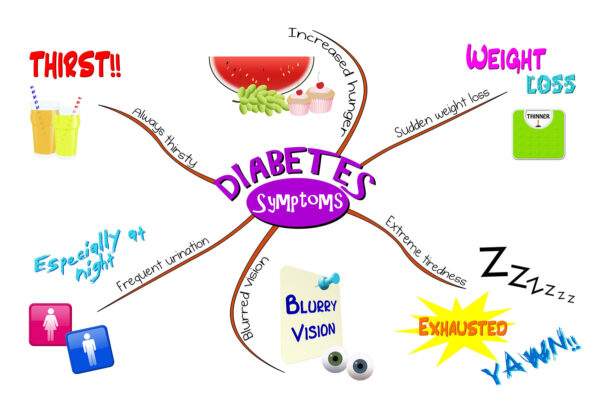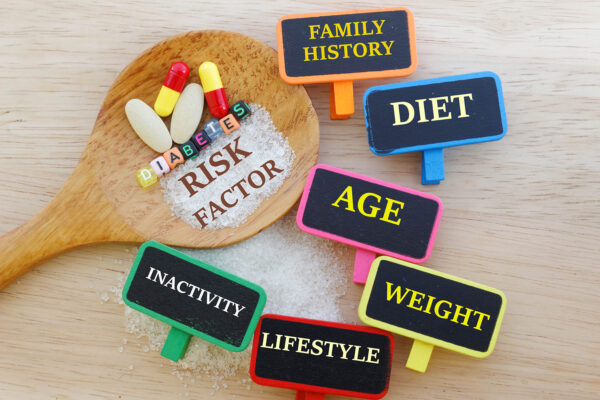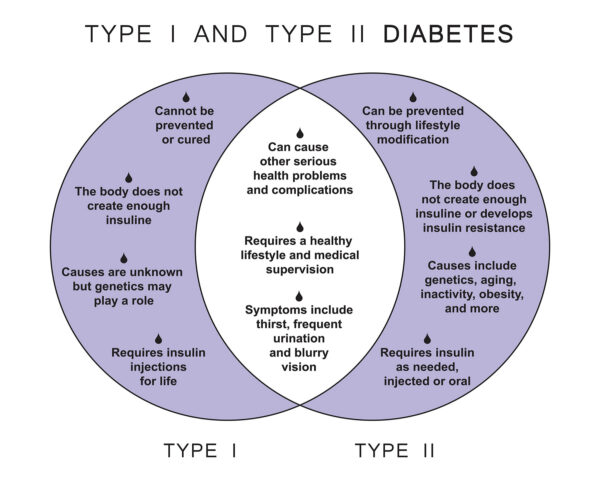Post-meal drowsiness, that irresistible urge to nod off after a satisfying meal, is something many of us have experienced. It’s often attributed to the infamous “food coma.” However, what if this post-meal fatigue is more than just a result of overindulgence? Could it be a subtle sign of an underlying health issue, like diabetes? In this comprehensive blog post, we’ll delve into the topic of post-meal drowsiness and explore its potential connection to diabetes.
Understanding Post-Meal Drowsiness
Before we explore its link to diabetes, let’s understand what post-meal drowsiness is and why it happens. After we eat, our digestive system springs into action, breaking down the food we’ve consumed. This process requires energy, and as a result, our bodies divert blood flow to the digestive system. This shift in blood flow can lead to feelings of drowsiness and a desire to rest.
Normal vs. Excessive Post-Meal Drowsiness
It’s important to differentiate between normal post-meal drowsiness and excessive or persistent drowsiness. Normal drowsiness after a meal is usually mild and short-lived. You may feel like taking a short nap or simply relaxing for a moment, but it doesn’t interfere with your daily activities.
Excessive or persistent post-meal drowsiness, on the other hand, can be cause for concern. This is when you feel overwhelmingly tired, lethargic, and unable to stay awake after meals, which can disrupt your daily routine.
The Potential Link to Diabetes
One of the key questions we want to address is whether post-meal drowsiness can be an early warning sign of diabetes. While drowsiness alone is not a definitive indicator, it can sometimes be associated with high or fluctuating blood sugar levels.
When you consume carbohydrates, your body converts them into glucose, which enters your bloodstream. In individuals with diabetes, this process may not function as efficiently. If you have diabetes or are at risk of developing it, you might experience post-meal drowsiness due to:
- Blood Sugar Spikes: After a carbohydrate-rich meal, blood sugar levels can spike in individuals with diabetes. This sudden surge can lead to feelings of drowsiness.
- Blood Sugar Drops: On the flip side, some people with diabetes may experience a rapid drop in blood sugar levels after eating, known as hypoglycemia. This can also trigger drowsiness.
- Insulin Resistance: In cases of insulin resistance, where the body doesn’t respond effectively to insulin, glucose may struggle to enter cells. This can result in persistent high blood sugar levels and associated drowsiness.
Recognizing the Signs
If you’re concerned about post-meal drowsiness and its potential link to diabetes, it’s important to pay attention to other accompanying symptoms, such as:
- Increased thirst and frequent urination
- Unexplained weight loss
- Fatigue
- Blurred vision
- Slow-healing wounds
These symptoms, when combined with post-meal drowsiness, may warrant a conversation with your healthcare provider for further evaluation.
Managing Post-Meal Drowsiness and Diabetes
Whether or not you have diabetes, managing post-meal drowsiness is essential for overall well-being. Here are some tips to help you combat drowsiness and maintain a healthy lifestyle:
- Choose Balanced Meals: Opt for balanced meals that include a mix of carbohydrates, proteins, and healthy fats. This can help stabilize blood sugar levels.
- Control Portion Sizes: Avoid overeating, which can lead to more significant blood sugar fluctuations and increased drowsiness.
- Stay Active: Incorporate regular physical activity into your routine to improve insulin sensitivity and energy levels.
- Monitor Blood Sugar: If you have diabetes, monitor your blood sugar levels as directed by your healthcare provider to detect and address any irregularities.
- Consult a Healthcare Professional: If you experience persistent post-meal drowsiness and other concerning symptoms, consult a healthcare professional for a proper evaluation and diagnosis.
In conclusion, while post-meal drowsiness can be a common occurrence, it may also provide clues about your health, particularly in relation to diabetes. Recognizing the signs and taking proactive steps to manage your blood sugar levels and overall well-being can make a significant difference in your health journey. If you have concerns, don’t hesitate to reach out to a healthcare provider for guidance and support.






